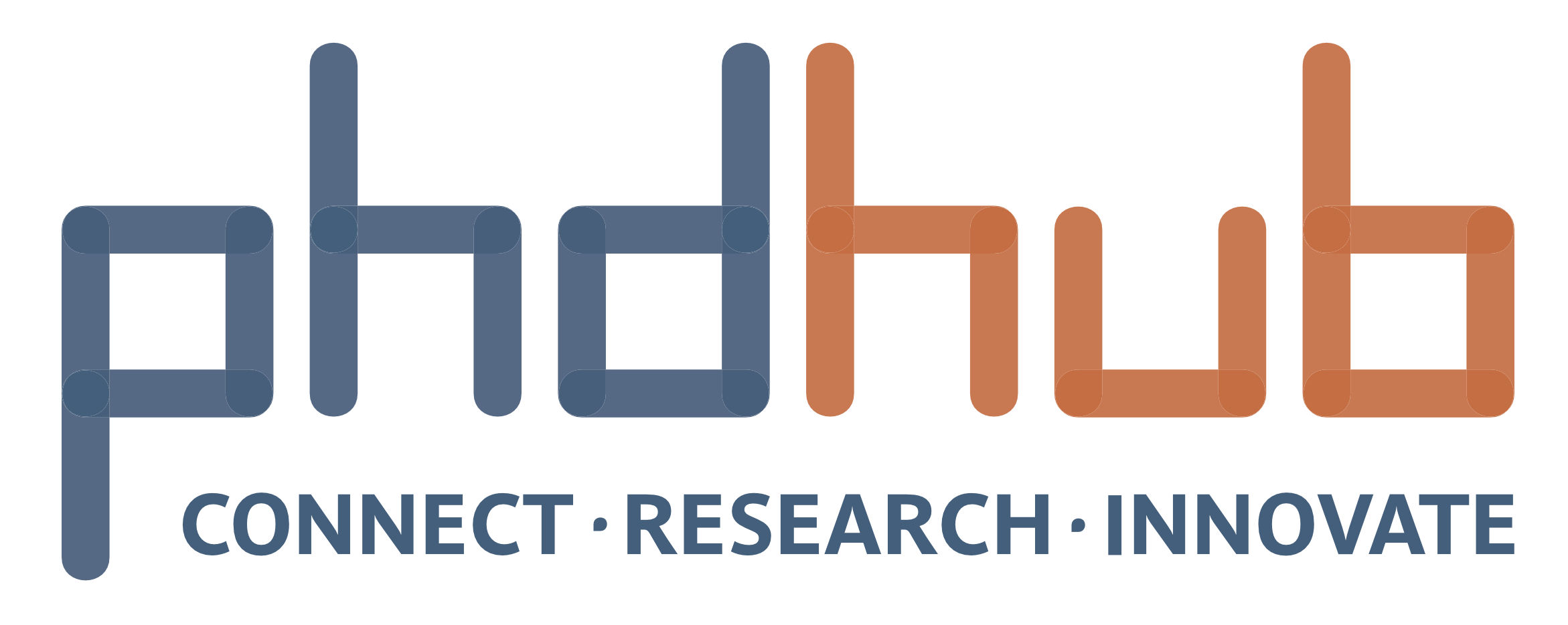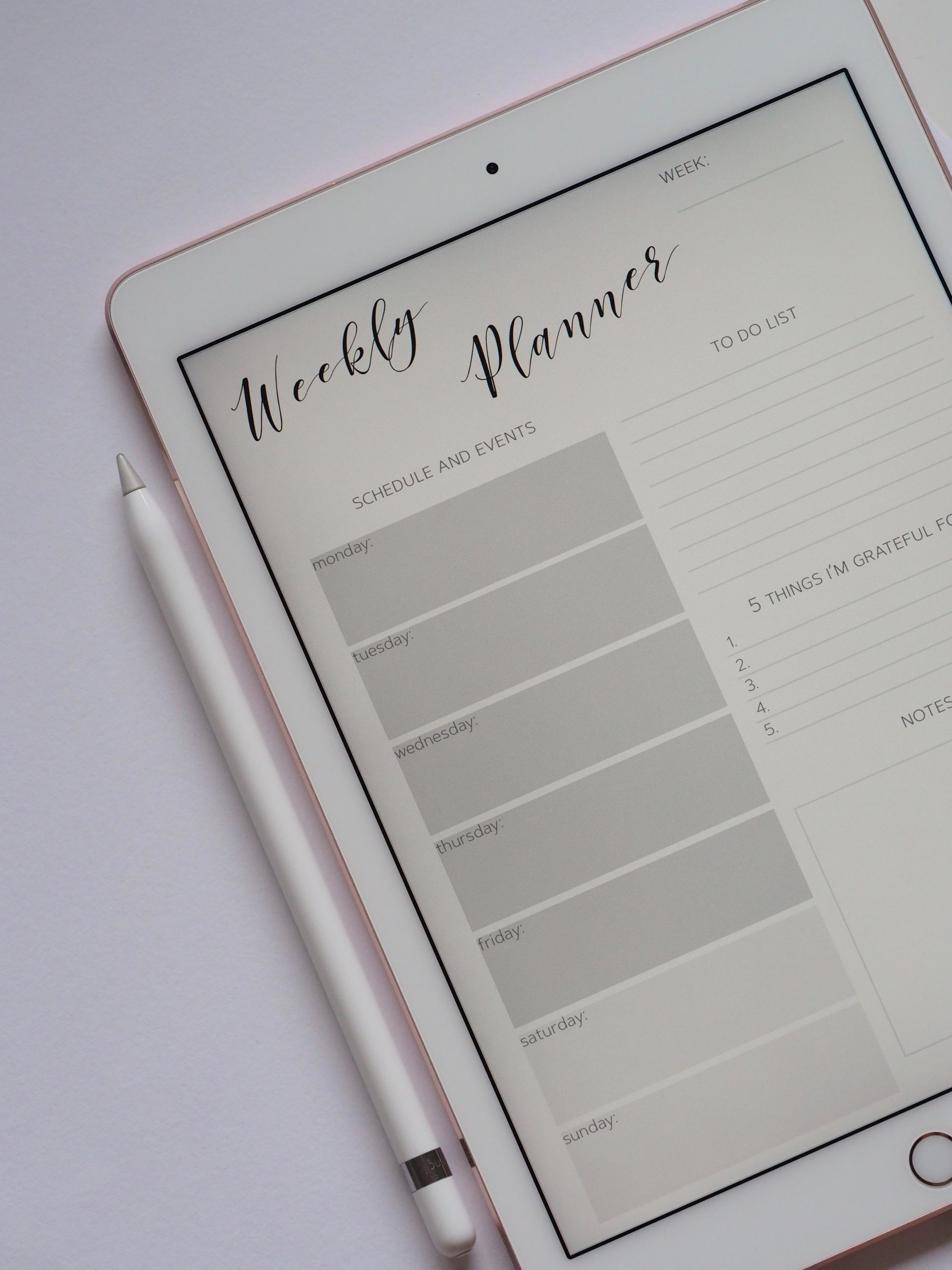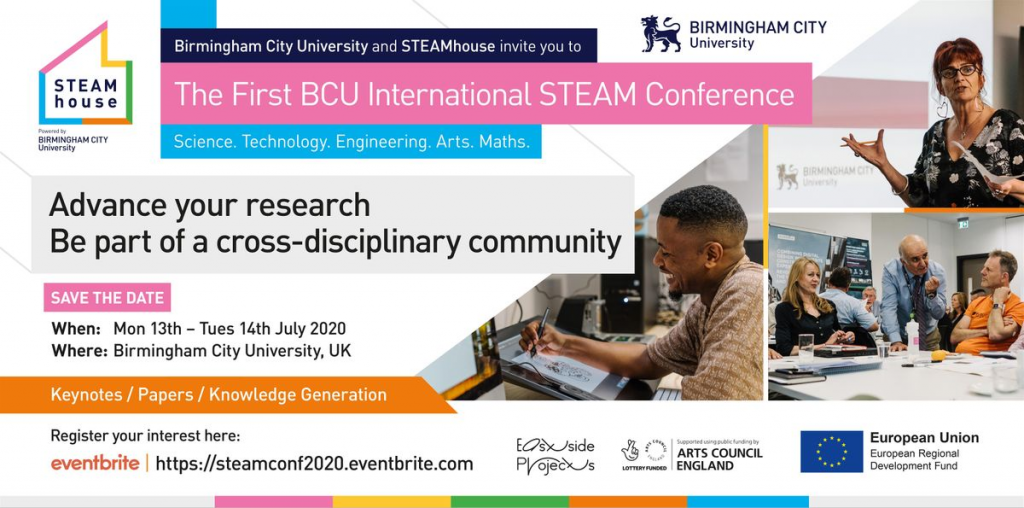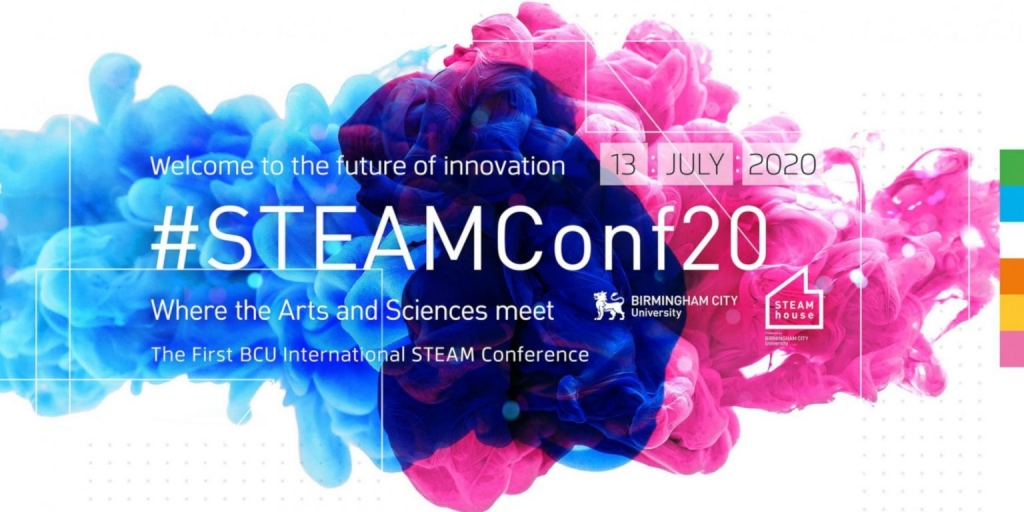We have complied our lessons learned to provide you with more ideas, guidelines, templates and tips & tricks to organise a successful event with ease.
During the PhD Hub Campaign Series (May 2019 – Jan 2021), Local Hubs have organised more than 30 events on-site and online to engage academic and non-academic partners, disseminate and pro-actively create cooperation opportunities in the doctoral field.
Let’s start with the basics
When planning your event, there are a few things that should be defined as a basis, namely your event’s name and its essence – a.k.a. what are your learning objectives and/or actionable outcomes and who is your audience.
Prepare a short and catchy description of your event which summarises its essence. Think as well about when would this event be the most successful. This usually depends on your target audience. For instance, if you aim at reaching PhD candidates, it is probably best to schedule something along with the academic calendar and make sure there are no other important events happening at the same time.
One last thing… Bear in mind that a successful event can be considered as such only if you plan an evaluation phase and set some indicators you can measure and check against.
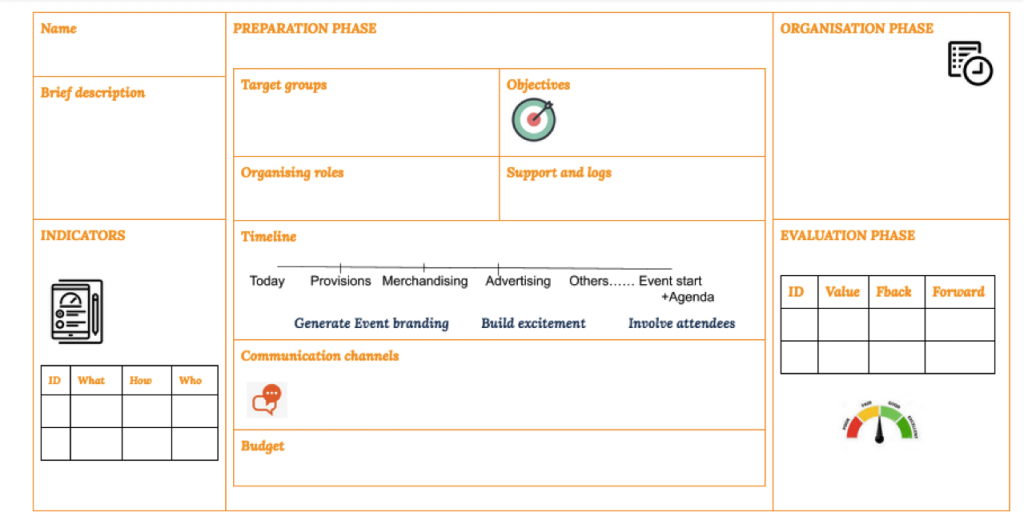
Pro Tip: A good name for an event captures the essence, purpose and target of the event. Some tips advise not to describe, but rather stand for a big idea and the words translated into emotional appeal. Take as an example the “European Innovation Fest” and related hashtag #EIF2020 for increased impact.
Preparation and communication
During the preparation phase of your event, your team members have your back but don’t forget to involve your N+1 and your institutional marketing and communication team. They can provide you with the support you need to make your event more impactful and well-known.
For instance, in the case of the PhD Hub events, Local Hubs have involved their Doctoral Schools, Doctoral Research College and the communication department of the university which allowed to reach out to all PhD candidates and/or PhD supervisors easily.
Setting up communication channels is essential for the success of the event. Institutional social media and communication should be orchestrated accordingly. This requires direct and frequent interaction with the institutional marketing and communication department. Here is what we suggest you doing:
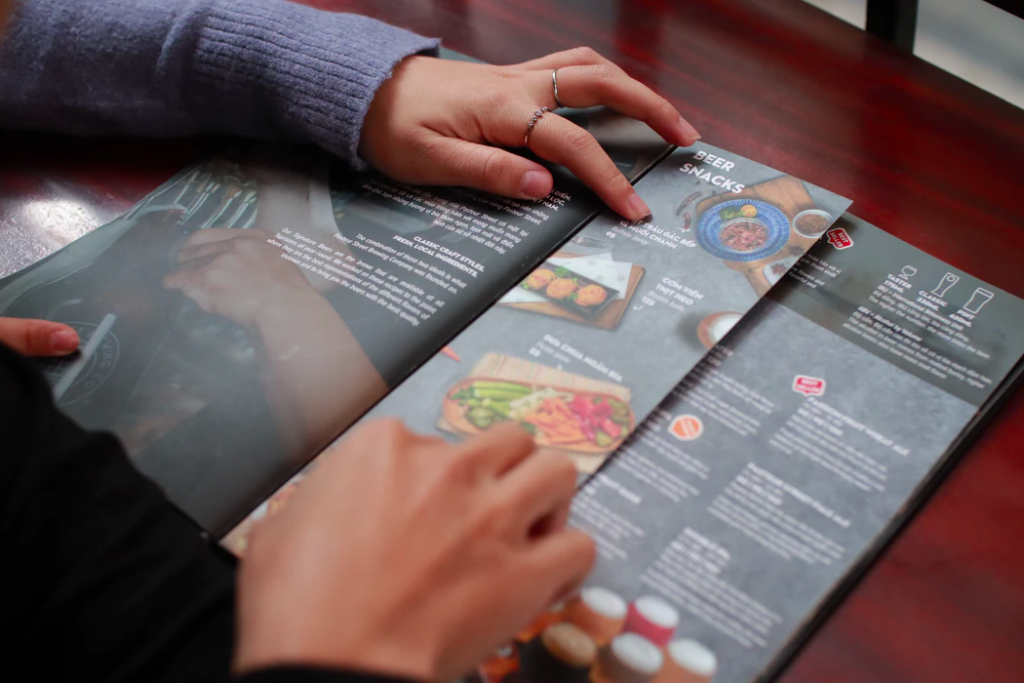
Advertise the event in press, institutional website, etc.
Produce visual material advertising the event, promoting contributors, guest speakers, sponsors… Write a short invitation template for your partners to share.

Share your list of indicators and assign evaluators.
Make sure each indicator is measurable and define how the metrics will be collected and by whom.

Consider when to make it public.
Announce an on-site event at least 2-3 months prior to the event date. On the contrary, you can afford to announce an online event a few weeks before.
Pro Tips: Show a united front. Use t-shirts and other types of merchandise with your brand, logo or hashtag to make sure people know you and can find you easily. Moreover, invite press for coverage.
In online settings, timing is key and a clear, precise agenda is thus, paramount. Rely on IT staff members and at least one co-chair to support you.
If you can’t measure it, you can’t improve it
Survey! It is essential to count on a clear process of compiling feedback from attendees and organisers.
Use online questionnaire tools like SurveyMonkey or on-site forms to be completed during the event. Crowdshaping techniques such as foot traffic tracking are very useful during on-site event monitoring.
Pro Tip: Include a slot in your event agenda for participants to give feedback (oral or written). You ensure this way, you can collect the data you need to improve future events.
Examples of PhD Hub successful events
Check what the PhD Hub partners have achieved and if you want to get more tips, templates and other types of support to organise a successful event, download our Campaign Codebook.
MITEF Greece Startup Competition 2020
The MITEF Greece Startup Competition 2020 has proved that young Greek entrepreneurs can significantly contribute to Greece’s prosperity.
HELPE Group assisted the efforts of new businesses and scientists, encouraging competitions that foster innovation, aiming at understanding the current market trends and dealing with the complex challenges that arise with the development of new technologies.
An international panel of judges participated in the competition and studied the applications submitted from Greece and abroad. The evaluation criteria were the innovation of the proposed technology, its expansion capacity and the product’s impact in the international market.
The following executives participated as mentors, on behalf of HELPE: Ms. Maria Moschopoulou, Manager of R&D and Transformation, EKO, Dr. Jenny Leivadarou, Innovation & New Technologies Engineer, and Dr. Ifigeneia Antoniadou, RES Engineer.
Members of the judging panel were Dr. Spyros Kiartzis, Manager New Technologies & Alternative Energy Sources and Mr. Achilles Kyrtsis, Assistant Manager, Group Strategic Planning & Intelligence. On behalf of AUTh, the Athens & Psychiko College Alumni Association participated in the competition.
BCU International STEAM Conference
The first BCU International STEAM Conference invited researchers, teachers, innovators, industry representatives, artists, scientists to a free online event exploring what happens when Science, Technology, Engineering, Arts and Maths collide.
Responding to current concerns around virtual collaboration and communication, the conference aimed at all those curious about interdisciplinary thinking. The day run from 9:00 am to 5:00 pm (BST) and was centred on four themes – Makerspaces and Communities of Practice; Creativity, The Arts and The Sciences; Innovation and Industry; and Courses and Curriculum – with presentations, conversations and live Q&As from international experts and Birmingham City University staff.
Attendees received a complimentary conference support pack outlining, in more detail, sessions, speakers and schedule, alongside log-in instructions. Additionally, the event offered the opportunity to join an exclusive networking group for follow-up discussions on STEAM approaches, theory and practice.
